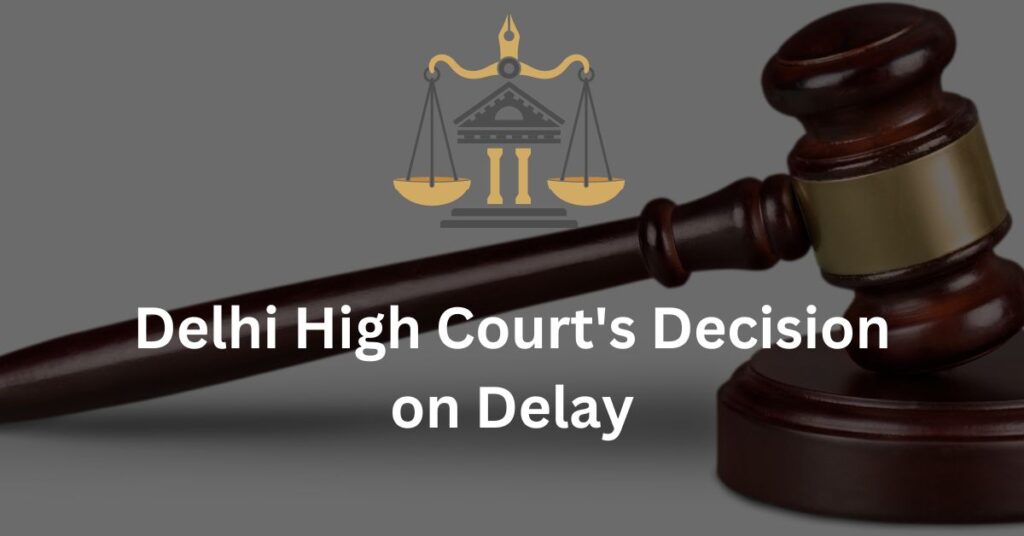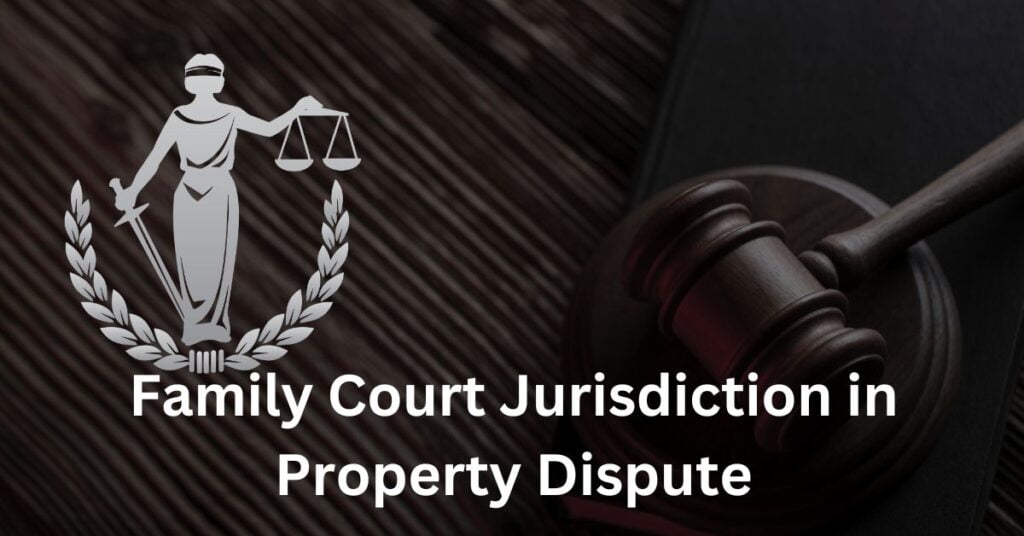New Delhi, November 3, 2023 – In a recent judgment by the High Court of Delhi, a significant decision was reached in MAT.APP.(F.C.) 205/2023. This case was in appeal against an order passed by the Family Court, which had dismissed an application for filing a replication to the written statement. The High Court’s decision has far-reaching implications for the procedural aspects of family court cases.
The case, MAT.APP.(F.C.) 205/2023, revolved around the Husband as the appellant, and Wife as the respondent. The Husband filed an appeal against the judgment of the Family Court. The original order dated May 12, 2023, issued by Family Court in South-East District, Saket Courts, had refused the appellant’s application to file a replication to the respondent’s written statement.
The key issue in this case was the denial of the opportunity for the appellant to file a replication to the written statement of the respondent. The reasons for seeking this opportunity were outlined in the appellant’s application filed under Order VIII Rule 9 of the Civil Procedure Code (CPC). The application stated that the respondent’s written statement consisted of over 100 pages and contained “hardcore false allegations” against the petitioner. The appellant argued that these allegations needed to be addressed and refuted. The respondent’s written statement also included 68 annexures, some of which were claimed to be forged. The appellant contended that these annexures had to be replied to, to prove his case.
However, the application to file a replication was dismissed by the Family Court on the first date of the hearing, with the judge stating that there were no “plausible grounds” to justify a replication. This decision was appealed in the High Court of Delhi.

The High Court’s decision, delivered by Hon’ble Mr. Justice V. Kameswar Rao and Hon’ble Mr. Justice Anoop Kumar Mendiratta, emphasized the importance of providing a fair opportunity for parties in legal proceedings, especially in family court cases. The judges noted that the appellant’s application did present valid justifications for seeking additional time to file a replication.
Furthermore, the High Court emphasized that the law does not prescribe a specific time limit for filing a replication. In cases falling under the Family Courts Act, 1984, the family court has the discretion to establish its own procedure, allowing parties to fully present their case and arrive at a settlement. In this context, the High Court found it necessary to grant the appellant sufficient time to file a rejoinder, considering the extensive nature of the respondent’s written statement.
As a result, the High Court set aside the Family Court’s order and granted the appellant four weeks to file the replication. Additionally, if the next hearing date before the Family Court falls within this four-week period, the proceedings should be adjourned to a date beyond the allotted time for filing the replication.
In conclusion, this judgment serves as a notable precedent in the context of family court procedures. It underscores the significance of allowing parties adequate time to present their case and address allegations made by the opposing party. The decision also highlights the discretionary powers of family courts in determining their own procedures. This case will likely have a substantial impact on the conduct of family court proceedings in the future.
For the complete judgment and detailed insights, you can refer to the original case document with Case No. MAT. APP. (F.C.) 205/2023, available on the Delhi High Court’s official website. This downloaded judgment can serve as a valuable resource for legal reference in ongoing cases as well.


